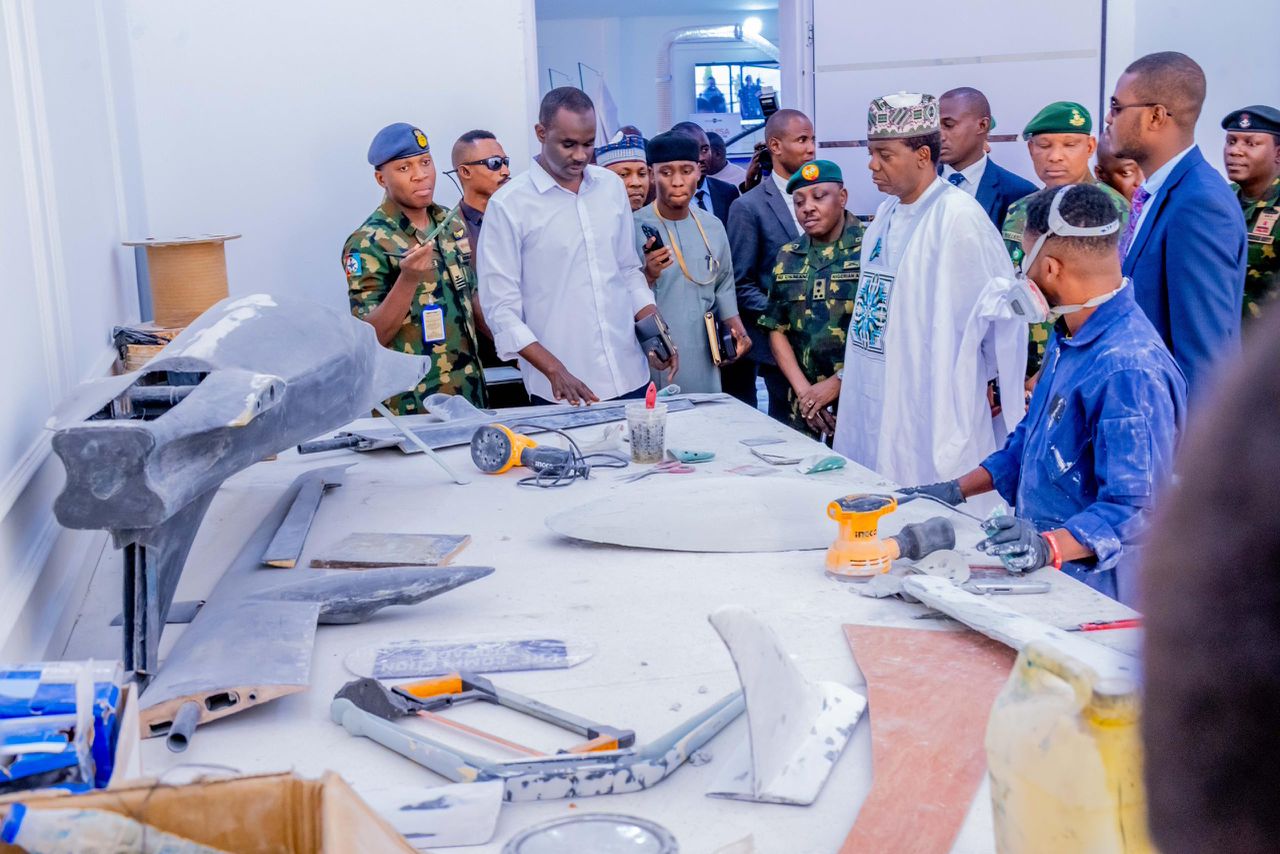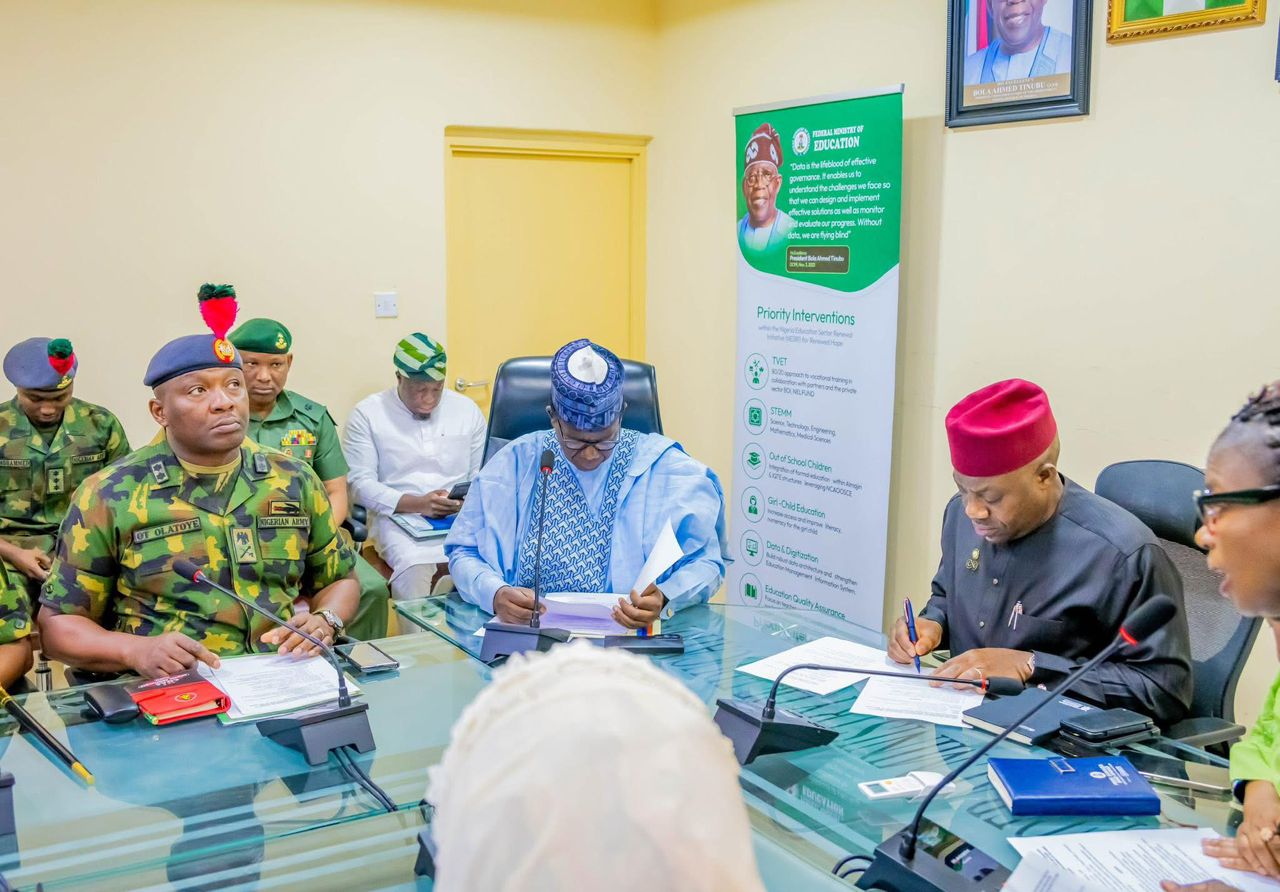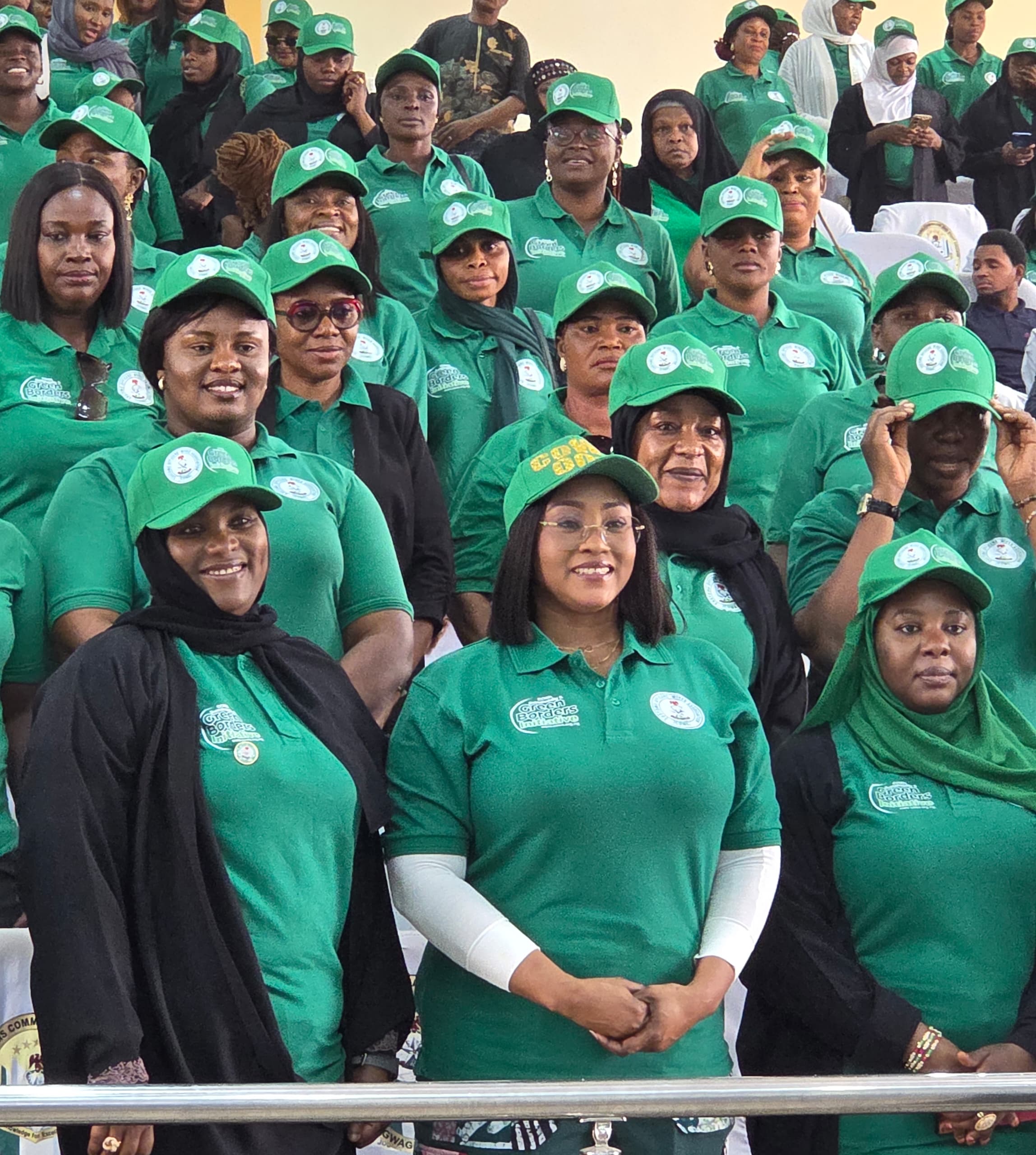In North Kivu, the ongoing conflict involving the M23 and various armed groups has inflicted a disproportionate impact on women and girls. Shocking reports reveal that M23 fighters and other armed groups have carried out dozens of rapes, both inside and outside displacement sites, as well as in areas beyond the camps. The situation has escalated rapidly, with a 37% surge in gender-based violence during the first three months of 2023 compared to the same period last year, resulting in several thousand reported cases.
The gravity of the situation is further exacerbated by the fact that international protection programs, which offer crucial services like trauma counseling to survivors of rape, are facing a daunting 70% financial deficit for the year 2023, as confirmed by the UN’s emergency aid coordination body, OCHA.
Consequently, the burden of caring for survivors of sexual violence has fallen heavily on local volunteers known as protection officers. These dedicated individuals, themselves displaced by the conflict, operate without the support of NGOs, yet remain available at any given moment. Clautilde Harerimana, a 55-year-old protection officer in Masisi’s Kalinga displacement camp, shared her experience, stating, “Sometimes, I can be just sleeping in the night, and they call me to say there is a case.” Harerimana revealed that the majority of the women she has assisted were raped while searching for food outside their camp. Disturbingly, she personally documented 19 cases of sexual assault within the first five months of 2023 alone.
The Democratic Republic of Congo (DRC) has long been synonymous with neglected humanitarian crises, but the situation has deteriorated significantly since the resurgence of the M23 after a decade-long hiatus. Since the conflict escalated around March 2022, an alarming 2.3 million people have been displaced in North Kivu. The majority of them are concentrated in Goma, the provincial capital, and the remote Masisi territory.
Amidst soaring needs, the World Food Programme (WFP) is grappling with a funding gap of approximately $750 million, hindering their ability to provide for the 6.7 million acutely hungry individuals in the east this year. Displaced individuals, when interviewed, expressed that they had only received one food distribution so far this year. In some camps, local mutual aid groups offer limited support, but women find themselves compelled to leave the sites in search of assistance in nearby farms or to gather firewood from forests, which they then sell to eke out a meager income.
Disturbingly, in recent months, sexual assaults targeting these vulnerable displaced women have reached catastrophic proportions, as reported by Médecins Sans Frontières (MSF). The organization described the problem as a “medical and humanitarian emergency” in a statement issued in May. In the Goma area alone, MSF cared for 674 victims in the final two weeks of April, averaging around 48 patients per day in six of the camps they operate in. In Masisi town, their base, MSF treated an additional 123 rape cases during April.
Alessandra Guidiceandrea, MSF’s head of mission, emphasized the alarming nature of these figures but acknowledged that many women do not seek healthcare due to the fear of being stigmatized by their communities. The traumatizing ordeals that these women endure are further compounded by the physical and psychological pain they endure.
The quest for food exposes women to increased vulnerability. Mwamini*, a 27-year-old survivor, recounted her harrowing experience to The New Humanitarian. Fleeing attacks by the M23 in a rural part of Masisi, she arrived at Kalinga camp in January, where she waited until early May without receiving any food aid. In April, she left the camp in search of food with four other women. However, their journey took a terrifying turn when a group of armed men, dressed in a combination of military uniforms and civilian clothing, ambushed them. The armed men subjected the women to physical assault, and Mwamini herself was raped by two of them. After seeking medical treatment at an MSF-supported hospital in Masisi town, she found solace in the counsel of Harerimana, the camp-appointed protection officer.
Another survivor, Kavira*, shared a similar traumatic experience. After fleeing her village in Masisi with her children in January, she settled in Mahyutsa camp in Sake, west of Goma. In May, Kavira left the camp on a short trip to find food. However, she encountered two armed men who demanded sex and threatened her with weapons when she refused. Despite her resistance, they forcibly raped her, leaving her traumatized and in pain. Kavira sought help from Picuna Mitutso, another volunteer protection officer assigned to assist displaced women who have been sexually assaulted. Recognizing the severity of the situation, Mitutso immediately accompanied Kavira to a nearby hospital.
In the face of unreliable assistance for survivors of sexual violence, Mitutso expressed her desire for support to establish her own safe space, where she could privately and securely counsel assaulted women. She stated, “I have been trained for this. It is my work.” Mitutso, who previously served as a sexual health advisor in her home village, emphasized her commitment to supporting her community.
Mwamini, the survivor from Kalinga camp, voiced her fears about potential future attacks, stating, “I expect that this thing can just happen again. I am afraid of going to the field to look for food.”
The scale of gender-based violence in North Kivu demands urgent attention and intervention. Adequate funding for protection programs, access to food aid, and comprehensive support services for survivors of sexual violence are crucial in addressing the deep-rooted challenges faced by women and girls. Furthermore, it is imperative that efforts to resolve the M23 conflict are intensified, fostering a genuine political dialogue to pave the way for peace and stability in the region.
*Names have been changed to protect identities due to security reasons.
This report was originally published on The New Humanitarian, a platform dedicated to delivering quality, independent journalism in service to the millions affected by humanitarian crises worldwide.





